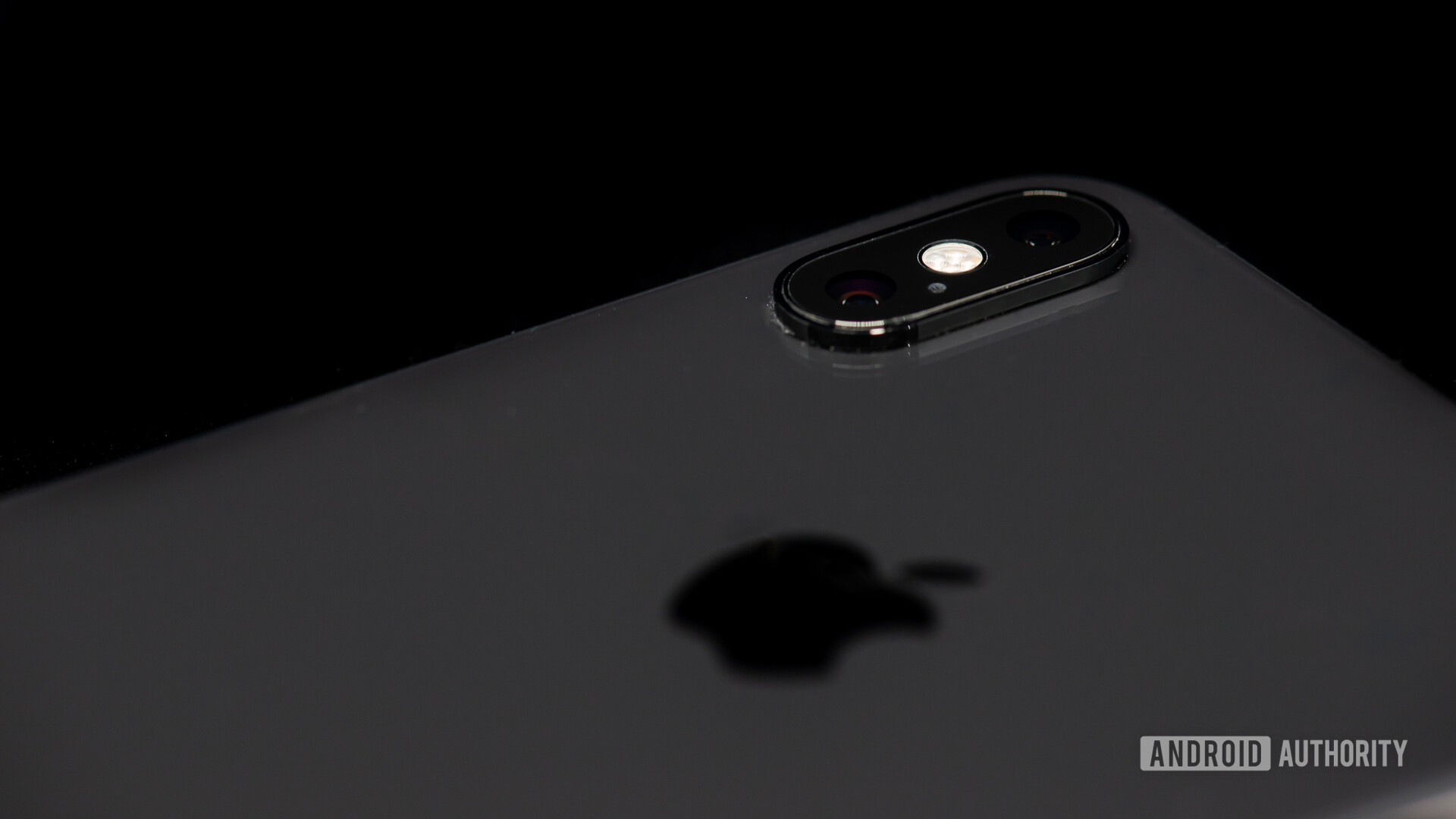Three men who pioneered Li-ion batteries will receive Nobel Prize in chemistry

The three men most directly responsible for pioneering the lithium-ion batteries that power nearly every electronic device you own will win the Nobel Prize in chemistry this year (via Engadget).
The three scientists are John B. Goodenough of the University of Texas at Austin, M. Stanley Whittingham of Binghamton University, and Akira Yoshino of Meijo University. Each man developed a specific aspect of lithium-ion batteries that allowed the invention to power everything from smartphones to electric vehicles.
The Nobel Prize is one of the most prestigious awards in the world, but it also comes with a cash prize of 9 million Swedish kronor (~$905,000). The three scientists will split that cash prize equally.
Whittingham was the first scientist involved in the development of lithium-ion batteries when, in the 1970s, he developed an innovative way to hold lithium ions in a cathode. Goodenough then proved that you could store just four volts of charge in that system during the 1980s. Finally, in 1985, Yoshino created the first commercially-viable battery based on the previous two men’s work.
Related: Foldable battery shown off, could power future foldable devices, smart clothing
Considering the massive effect lithium-ion batteries have had on the world since 1985, one could easily argue that this honor is long overdue for these three scientists. Goodenough, in particular, is 97 years old, making him the oldest ever Nobel laureate.
Next time you’re charging up your smartphone, laptop, smartwatch, e-bike, electric car, or portable Bluetooth speaker, you’ll know who’s most responsible for giving you the ability to do that.









Comments
Post a Comment